Korean-American Whose Family Store Was Looted During the L.A. Riots Tells His Story in ‘Gook’
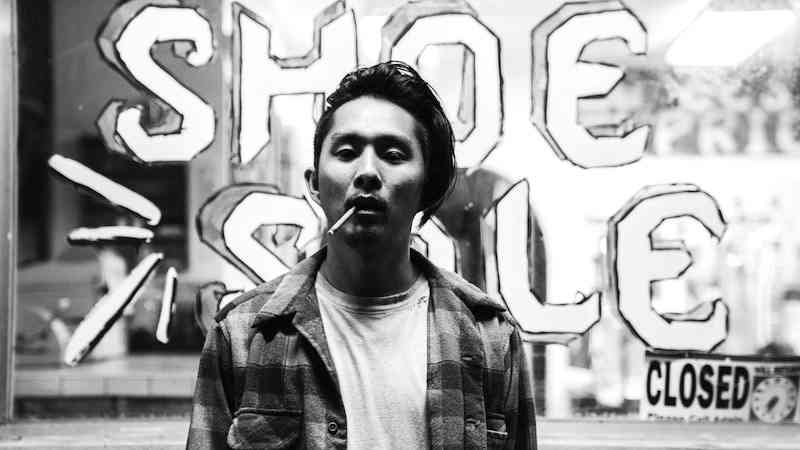
By Benny Luo
August 17, 2017
On March 3, 1991, taxi driver Rodney King was beaten by four police officers in Los Angeles following a high speed car chase.
All four officers were acquitted of charges of assault with a deadly weapon and use of excessive force. Within hours of the acquittals, the 1992 Los Angeles riots started, stemming from frustration and outrage on how Blacks were treated by police.
Thousands rioted and looted areas throughout the Los Angeles metropolitan area. Among the neighborhoods, Koreatown was heavily impacted by looting and buildings set on fire. There’s speculation that the Korean-American community received minimal aid from police due to their low social status and language barrier. The riots lasted for six days before dissipating after military intervention.
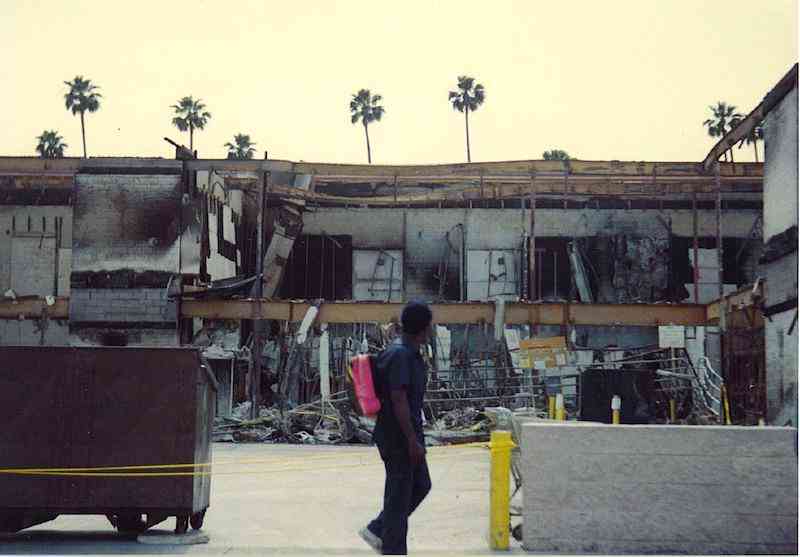
Korean-American actor Justin Chon was only 11 years old when the riots happened. Back then, his father owned a wholesale shoe warehouse in Paramount, right across the bridge on the 710 Freeway from East Compton. Their whole store was looted on the last day of the riots.
“It was like a hurricane went through the store. Everything was knocked over. There was empty shoe boxes everywhere. It was completely trashed,” Chon recalled. “Everything was mostly gone.”
“At the time my immediate concerns as an 11-year-old was what does it mean for our family? Does it mean we have to move? Is my dad in trouble? I was watching TV footage of the riots and remembering my dad not coming home,” he said.

Throughout history, there has been an unspoken animosity between the Korean American and Black community, mostly stemming from tensions built up over the years.
“I think it was mostly built up resentment from [Koreans] being in their neighborhoods… and treating [African Americans] like criminals,” Chon said “But at the same time, Koreans come from a war torn country. It’s about survival. They’re trying to make a living and the only way they know how is to set up a business. In their defense, they didn’t know any better.”
“A lot of Koreans at that time just weren’t assimilated — I’m not making excuses for them,” Chon said. “They didn’t know that if you’re gonna make money from a community, you can’t just make money and leave. You gotta give back and be a part of the community, and I don’t think they understood that. So during the riots, their businesses were targeted. And they were very shocked at how much hatred there was for them.”
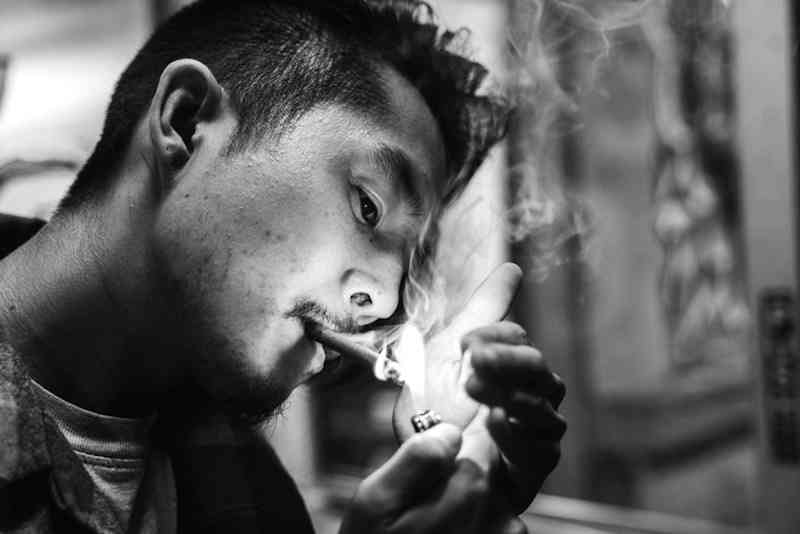
However, what probably drove the biggest wedge between the two communities was the death of Latasha Harlins, a 15 year old Black girl who was shot in the head by Soon Ja Du, a 51 year old female convenience store owner from South Korea.
Du allegedly caught Harlins trying to steal a bottle of orange juice in her backpack and confronted her by grabbing her sweater and backpack. Harlins retaliated by punching Du three times. When Harlins turned to leave the store, Du took out a handgun and shot her from behind in the head, killing her instantly.
On November 15, 1991, Du was sentenced to five years of probation, 400 hours of community service, and a $500 fine. Naturally, such a light sentence struck a chord amongst the Black community. Some argue that the incident was one of the catalysts for the L.A. Riots as well.
“I don’t know any time you can shoot someone in the back and not go to jail,” Chon said.
While the L.A. Riots have been covered from many different angles in the media over the years, very few have been presented from the Korean-American angle. Chon seeks to tell that story through his new film “Gook”.
“I’ve poured through tons of LA riots films over the years, but I didn’t feel any of them adequately or authentically portrayed the Korean experience,” Chon said. “I think the Korean experience was shock. Cause I don’t think a lot of people knew how severe the tension was — how much they were not wanted in the communities.”
“Gook” is set during the 1992 L.A. Riots and follows Eli (played by Justin Chon) and Daniel (played by David So), two Korean-American brothers who run a struggling women’s shoe store, and their unlikely friend Kamilla, an 11-year-old Black girl. The trio end up teaming up to defend their store on the first day of the riots while “contemplating the meaning of family and thinking about personal dreams and the future.”
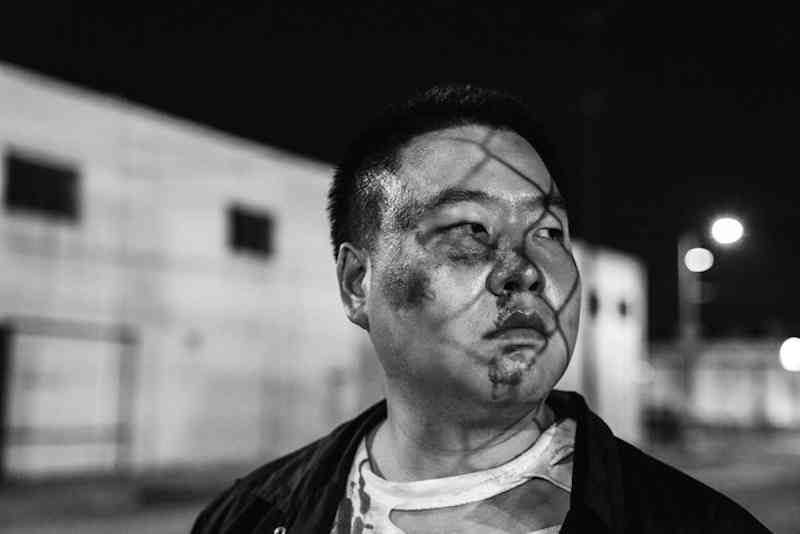
As many may know, the term “gook” was a derogatory term used against Koreans during the Korean war, then it got taken over to Vietnam. When asked why he decided to name his film “Gook”, Chon said:
“‘Gook’ actually means ‘country’. And it’s explained in the film. I don’t just do it for shock value, I don’t just do it because it’s a race thing. When you watch the film, at a pivotal moment, Kamilla asks Eli what ‘gook’ means. He has a choice to reinforce the racial slur and hate, or he can choose to tell her the literal meaning. And he chooses to tell her the literal meaning. So it’s like a big, huge point. Why wouldn’t I call the film ‘Gook’?”
Chon did a lot of research for the film from researching material about the riots and talking to people who were personally there during.
“They told me that it wasn’t just Blacks looting. It was everybody — Hispanics, Whites, even Asians,” Chon said.
His father, Sang Chon, experienced the riots first hand when his shop was looted. Coincidentally, he was also an actor back in his home country of South Korea before retiring at 25. Chon thought it was fitting to write a part for him in the film, but it took some convincing. He plays Mr. Kim, the convenience store owner.
“I wrote a part for him, but it took me forever to convince him. My dad’s a super f*cking grumpy dude. I grew up watching his black and white films, so I knew he could do it. But, I knew it wasn’t gonna be an easy sell to get him to do it.”
“He’s like ‘I left that back in Korea. Why would I want to revisit acting?’ He was also confused as to why I wanted to make a film about a very traumatic time.”
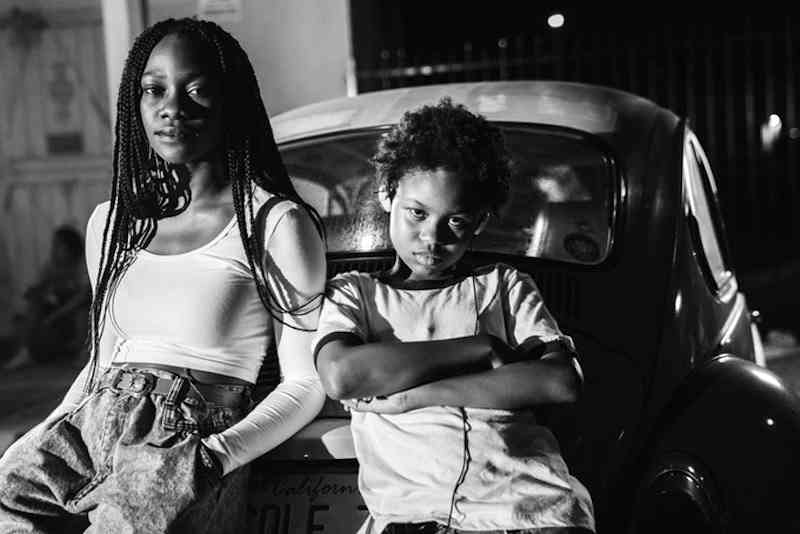
Eventually, Chon succeed in convincing his dad. He plays Mr. Kim, a convenience store owner who plays a pivotal role towards the end of the film.
After working on the film for over a year, Chon needed more funding to complete his project. Facing challenges of finding investors for a film featuring Asian leads, he turned to crowdfunding. He started a Kickstarter campaign and raised over $55,000 to complete post production for the film.
During the 2017 Sundance Film Festival, “Gook” became the winner of the Next Audience Award and Samuel Goldwyn Films acquired the North American rights to the movie. It currently has a Tomatometer rating of 94% on Rotten Tomatoes.
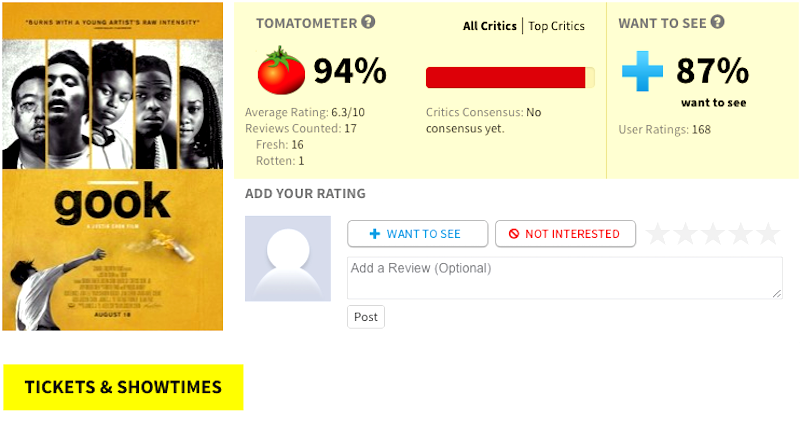
Despite the clear statements about racism, kinship, and solidarity in the film, “Gook” as a whole makes a huge statement about Asians in film.
“Asian Americans are represented in a non-traditional way in the film,” Chon said. “We’re either seen as triads running a Fortune 500 company, or we’re really great at math, or we’re going to Harvard or Stanford. These are just two blue collar trade Americans that are just trying to make it through the day. They both have dreams, desires and needs that are three dimensional.”
When asked what he wants viewers to take away from his film, Justin Chon sai:
“Let’s look at where we’ve come in the last 25 years with the Rodney King verdict and everything. And just kind of evaluate where we’re at. In some ways we’ve progressed, but some ways we’ve really not progressed whatsoever. And to me, it’s a good benchmark. It’s a good sort of milestone for us to just have an introspective moment.”
In many cases, Justin Chon has succeeded on many fronts for his film. Not only was he able to make a statement about racism and animosity during that time, he was able to create an award winning film on a limited budget with two Asians playing the lead role. This is possibly one of the biggest wins for Asians in film.
Gook is set to be released in Theaters on Friday, August 18.
Share this Article
Share this Article